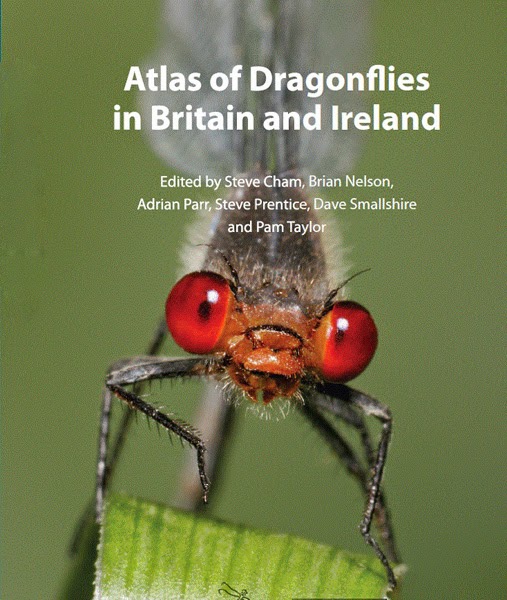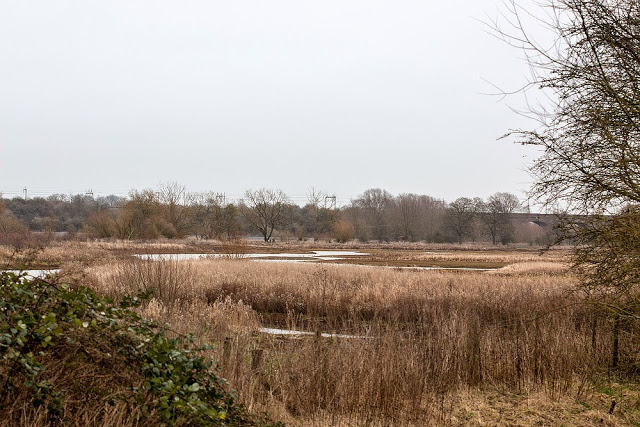Atlas of Dragonflies in Britain and Ireland – review

Atlas of Dragonflies in Britain and Ireland | hardback | 2014 |280 page | ISBN: 9781906698492 | British Dragonfly Society|
As regular readers will know I love Dragonflies, and locally I have a fair understanding of where to see different species (Dragonflies of MiltonKeynes should tell you that), but on a national scale I must admit to being not so clued up. So when I was offered the chance to review the Atlas of Dragonflies in Britain and Ireland for Fatbirder I jumped at the chance, to be able to review the Dragonfly societies flag piece book was an opportunity not to be missed.
Atlas of Dragonflies in Britain and Ireland
With 280 pages filled with brilliant, useful and in-depth information and packed full of loads of amazing photos. This book is a must for any dragonfly enthusiasts, especially those looking for detailed information on locations and distribution of our Odonata.
The Atlas of Dragonflies in Britain and Ireland starts off with detailed information covering a great range of topics; Environmental factors; a huge section on Dragonfly habitat; recording and data collection; mapping the data; Trends in the status of Dragonflies, Phenology,
Individual Species Accounts
We then move into the meat of the book in the form of the individual species accounts. Each species recorded in the UK and Ireland has some sort of coverage, and only those that are extremely rare (1 or 2 records) don’t have at least a couple of pages (these are covered in the other species section following the species accounts).
Each individual species account in the Atlas of Dragonflies in Britain and Ireland covers the same main elements, firstly a small identification piece with a stunning photo of the species (not an account you should really rely on for identification I’d recommend Britain’sDragonflies from Wildguides), then details on distribution, a map of the British Isles (with markers for locations), Habitat details, conservation and
status threats and finally national trends.
status threats and finally national trends.
Thoughts
The immense amount of work that has gone into the production of this incredible volume should not be underestimated. The editors (Steve Cham, Brian Nelson, Adrian Parr, Steve Prentice, Dave Smallshire and Pam Taylor) have done sterling job, sifting through the reams of dragonfly records and putting together a book that any Dragonfly enthusiasts should hurry out and purchase.
The detailed information packed into the Atlas of Dragonflies in Britain and Ireland makes for interesting reading. Learning what is affecting our odonata lets us know what is affecting the rest of our planet! And as Dragonfly enthusiasts knowing where to see which species gives us all a chance of recording amazing creatures (it could also lead to more species being recorded).
Conclusion
If you have a love for Dragonfly and damselflies, like I do, then this book really is a must have. Jam packed with as much information as you will need (until the next update) to fully appreciate the habitats and distribution of these wonderful creatures.
Buy on Amazon
If you liked this review, then you can find more on my Outdoors and Nature Reviews page.
If you enjoyed this post, or found it useful, then please do share it with your friends using the links below






2 Comments
Lisa from Lisas Life
That does look like a lovely big book. Nice review too 🙂
AshleyBeolens
It certainly is a top book 🙂